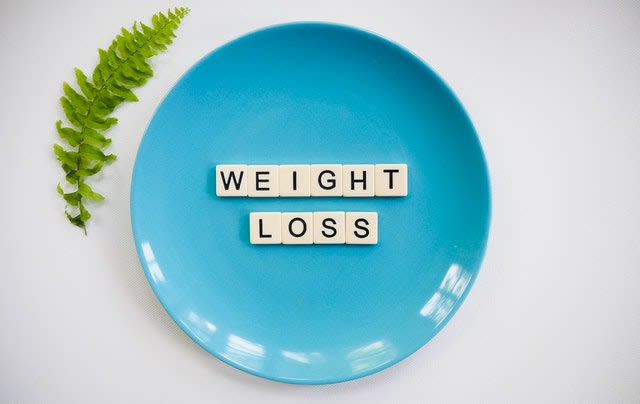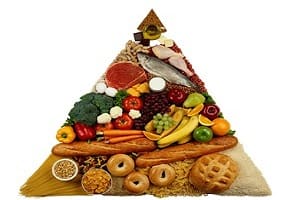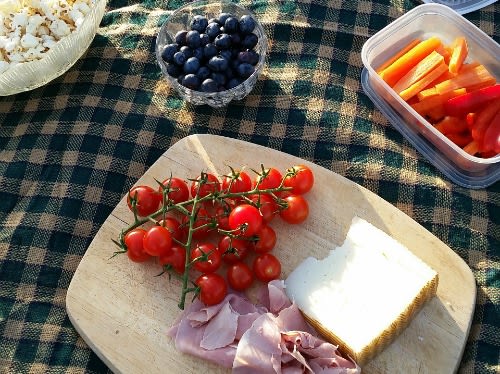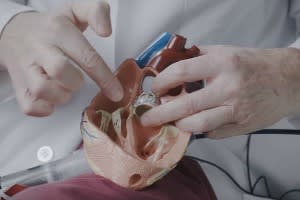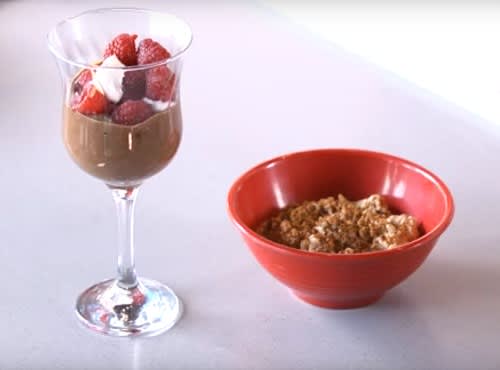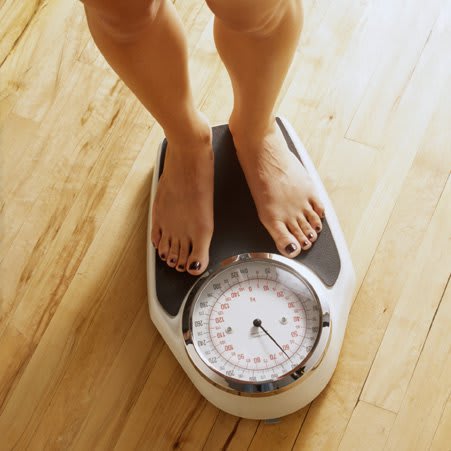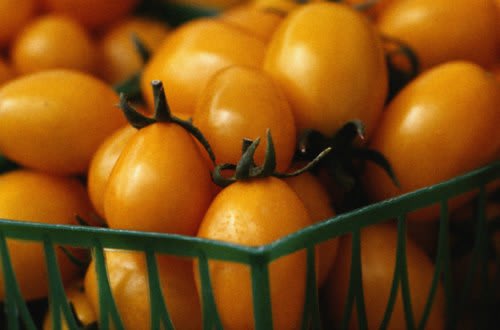7 Tips to Lighten Your Carbon "Foodprint"
Published: April 21, 2021l
Guest blog by Megan Carrier and Maelina Frattaroli, Stamford Health
Originally from the Academy of Nutrition and Dietetics. Republished with permission.
There are plenty of easy food-related actions to lighten your carbon footprint while eating healthier.
Use ceramic dishes, real silverware and re-usable plastic cups. Avoid using disposable products. If you must, use disposables that are accepted as part of your neighborhood recycling program or can be composted.
Information provided by Renee Hoffinger, Christine McCullum-Gomez, PhD, RD, and Anne-Marie Scott, PhD, RD, of the Academy of Nutrition and Dietetics' Hunger and Environmental Nutrition Dietetic Practice Group.
Originally from the Academy of Nutrition and Dietetics. Republished with permission.
There are plenty of easy food-related actions to lighten your carbon footprint while eating healthier.
1. Buy Locally and in Season
Not only does eating locally grown fruits and vegetables save fossil fuel, food is likely fresher, tastes better, costs less and retains more nutrients. Plus, it supports local farmers and keeps dollars in the community. Look for options at the grocery store from local farms. When possible, check out local farmers markets, as well as community-supported agriculture organizations, with the USDA's Local Food Directories.2. Eat More Plant-based Foods
Eating more plant-based protein foods such as beans, lentils and tofu in place of animal-based protein foods is one way to reduce your carbon footprint.3. Reduce Packaging
Buying in bulk reduces the amount of plastic, paper, metal and energy that goes into manufacturing the packaging. If bulk isn't available, buy in larger packages such as "family sizes" rather than individual sizes. If you can, choose reusable materials like glass, metal and paper packaging over plastic packaging that may be thrown away.4. BYOB to the Grocery
Bring your own bags. Even reusing paper or plastic supermarket bags from previous visits can lessen the impact of the petroleum-based plastic bags used each year in the U.S., which often end up as litter, in the landfill and as a pollutant of our fresh waters and oceans. Please note: Given current health concerns with the coronavirus, some stores may not be allowing customers to bring in reusable totes. Check with your store before shopping with a reusable bag.5. Conserve Energy in the Kitchen
Purchase energy-efficient appliances when possible. Other energy-saving tips:- Know what you need before you open the refrigerator or freezer.
- Cover the pot to heat food more quickly or use a pressure cooker.
- During summer months, run the hood fan to keep gas and heat out of your kitchen so you require less air conditioning to cool the house.
- Cook larger quantities and freeze in single meal portion sizes, which not only saves energy, but gets you almost instant home-cooked meals on other days.
6. Save Water
It is predicted that water, not fuel, will be our scarcest commodity in the not-to-distant future. So, don't let the sink faucet run.- Soak dishes in a sink of hot, soapy water to loosen food, wash and rinse all at once.
- If you use a dishwasher, don't bother rinsing the dishes (just scrape them) and run the dishwasher only when it is full.
- Repair leaks and drips.
- Install aerators in faucets to make less water more efficient.
- Don't use running water to defrost frozen food; instead, thaw it in advance in the refrigerator.
7. Decrease Garbage
In addition to reducing the packaging you bring home, compost your food waste. Rather than filling the trash can, your food waste — such as fruit and vegetable scraps — can nourish your garden. Use any container by the sink and haul it outside when it's full. Some municipalities offer free or reduced-price composting bins or bins can be purchased at local garden shops.Use ceramic dishes, real silverware and re-usable plastic cups. Avoid using disposable products. If you must, use disposables that are accepted as part of your neighborhood recycling program or can be composted.
Information provided by Renee Hoffinger, Christine McCullum-Gomez, PhD, RD, and Anne-Marie Scott, PhD, RD, of the Academy of Nutrition and Dietetics' Hunger and Environmental Nutrition Dietetic Practice Group.
Featured Expert/ Author














